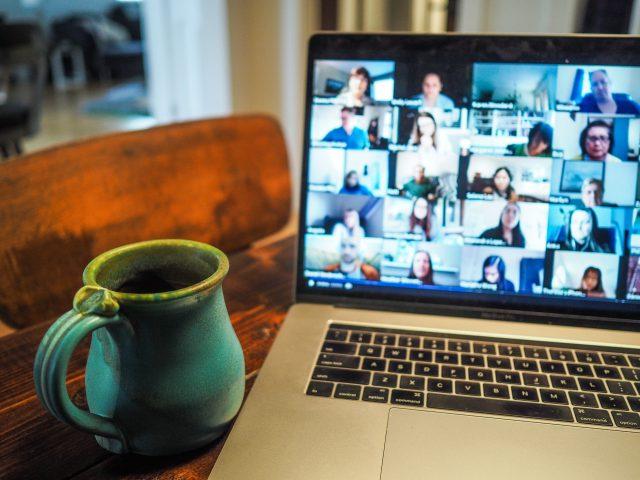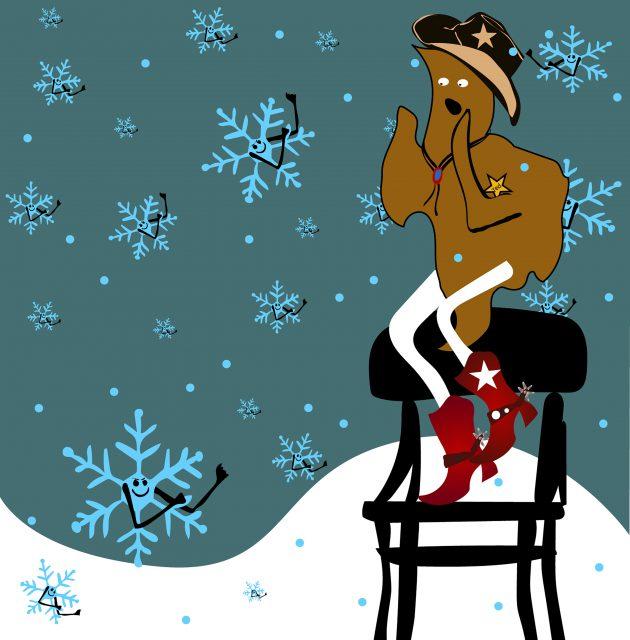
Mayur Gala
@mayurgala
Love under setting sun
Specialist outlines dating advice for students
LYDIA REGALADO
Campus editor
February is National Teen Dating Violence and Awareness Month, and the Drugs, Alcohol, Sex, Harassment and Hazing (DASHH) Prevention Squad is wasting no time providing students with tools and resources through their interactive virtual workshops.
One of DASHH Prevention’s recent events, #RelationshipGoals, provided participants with tips on appreciating each other’s differences and establishing boundaries through healthy communication styles.
“Even introverts like myself have to have relationships,” SE student Rhogenia Horton said. “It’s easier said than done, especially if you only know how to communicate based on what you saw in your household growing up.”
Community health outreach specialist Jatonda Green said that everyone has different ideas about what constitutes a healthy relationship.
“It’s based on your upbringing, it’s based off your religious beliefs, your value system, and what sort of imagery you consume on a frequent basis,” Green said.
She said that it is important to recognize boundaries established in early childhood. For example, if we tell our child to hug someone, such as a relative, and the child expresses discomfort, this is a sign that the child is establishing their physical boundaries, Green said.
Green suggests giving the child an out, like fist-bumping, otherwise, Green said “it’s teaching children that you shouldn’t say no to an adult even if they feel that their bodily autonomy is being violated.”
Green also stressed the importance of talking about digital boundaries surrounding technology and practicing digital consent, which became recognized when more people started using the same social media sites such as Facebook and Instagram.
“A lot of couples and interpersonal violence is based on social media interaction,” Green said. “They’re already in middle school and early high school saying, ‘[if] they don’t share passwords, I’m breaking up with them.’”
Respecting someone’s digital boundaries can include asking someone if it’s okay to post a picture of them or tag them as a partner on Facebook.
Green suggests talking about boundaries early on in a relationship and avoiding heated emotional statements. Instead, try asking your partner when a good time would be to talk about how they feel.
“What we don’t want is for you to do something where you’re just compromising so much that you lose your identity,” Green said. Green said an example of this is displayed in Hollywood when celebrity couples such as Kim and Kanye are grouped together as one personality, and renamed ‘Kimye.’
“Compromise, learn to work on things that will keep your relationship healthy, but don’t lose who you are,” Green said.
Students can join DASHH Prevention in upcoming workshops such as Teen Dating Violence Awareness and Prevention on Feb. 24, where Dallas Area Rape Crisis Center (DARCC) will present information about dating violence, and the DASHH Bash event March 8-11, which will include panel discussions and interactive sessions surrounding drug, alcohol and sexual harassment awareness.
If you are in an unhealthy relationship or know someone who is, but do not feel ready to talk to someone, you can text LOVEIS to 22522 and connect with an advocate in an anonymous way who can help sort out the next steps.
If you are ready or need to talk to someone, The Dallas Area Red Crisis Center has counseling, virtual options, and groups to help navigate emotions and provide resources such as legal help and shelter information.
Other resources include the National Dating Abuse Hotline, 1-800-799-SAFE (7233) and LoveisRespect’s website.
























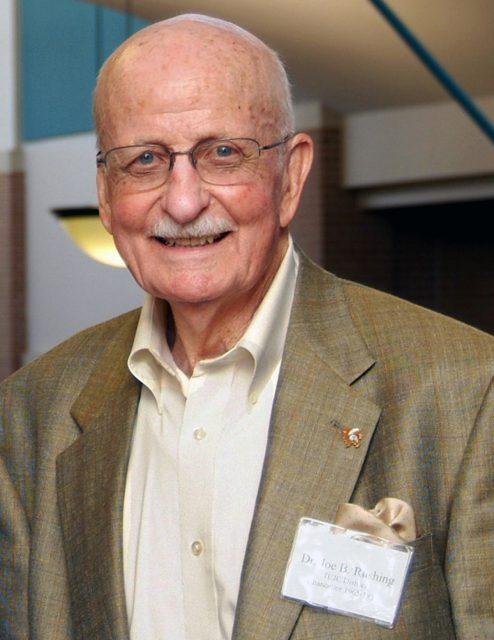


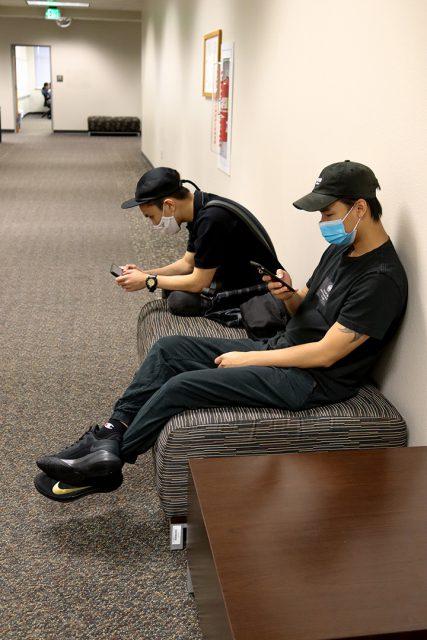

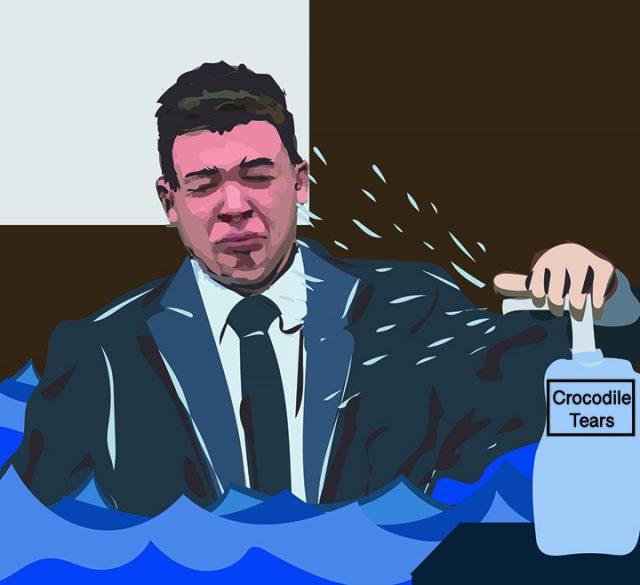

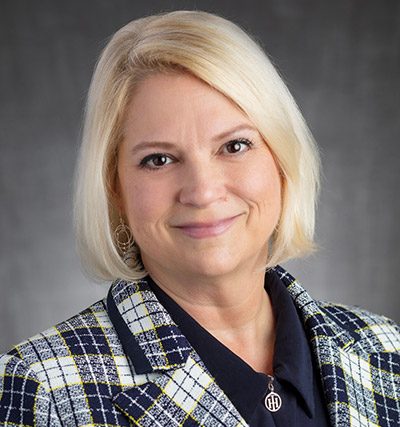

![https://unsplash.com/photos/GBwEIHq1Imw
Unseen Histories
Washington D.C., DC, USA
Caption reads, "Civil Rights March on Washington, D.C. [Leaders of the march leading marchers down the street.]" Original black and white negative taken August 28th, 1963, Washington D.C, United States. Photographer unknown (The National Archives and Records Administration). Colorized by Jordan J. Lloyd. U.S. Information Agency. Press and Publications Service. ca. 1953-ca. 1978. https://catalog.archives.gov/id/542003](https://collegian.tccd.edu/wp-content/uploads/2021/03/unseen-histories-GBwEIHq1Imw-unsplash-640x427.jpg)
